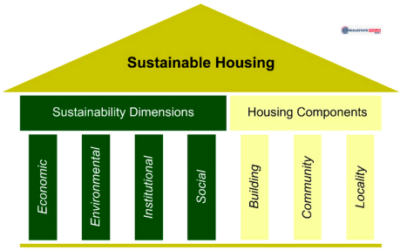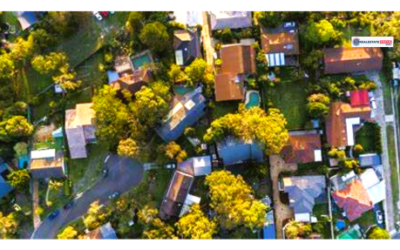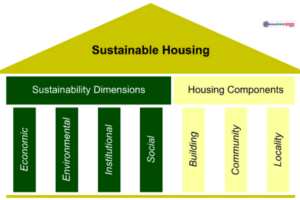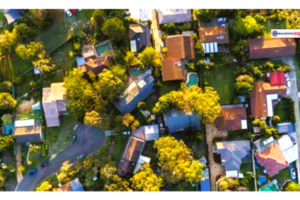

Airbnb’s Spanish Showdown: 66,000 Listings, One Government, and a War for the Soul of Housing
Madrid – In a bold defiance of Spain’s highest court, Airbnb is refusing to delist nearly 66,000 rental properties, thrusting itself into the center of a heated battle over housing, tourism, and corporate power. The tech giant isn’t just appealing a ruling, it’s challenging the very definition of who gets to control a country’s homes.
At stake: the rights of ordinary Spaniards to live in their cities, the livelihoods of thousands of local hosts, and the unchecked influence of a global platform that has reshaped real estate as we know it.
Welcome to Spain’s Airbnb war where the battleground is your next vacation rental, and the casualties could be entire communities.
A Court’s Crackdown on Corporate Giants
The Spanish government’s case is clear: tens of thousands of Airbnb listings violate national tourism laws. Some are missing license numbers. Others give false information. Many lack transparency on whether the owner is a private individual or a business.
Spain’s Minister of Social Rights, Pablo Bustinduy, didn’t mince words: “This is a clear victory for the right to housing. No company, however powerful, is above the law.”
As rents spiral in Madrid, Barcelona, Valencia and beyond, locals are being pushed to the fringes or out entirely by rising prices and shrinking availability. The government believes that Airbnb is part of the problem, flooding the market with short-term lets and driving out long-term tenants.
Airbnb’s Counterattack: ‘We’re Not the Enemy’
But Airbnb isn’t going quietly. The company has launched a full-throated defense, arguing the court’s ruling is misguided and harmful.
“This decision doesn’t solve Spain’s housing crisis, it punishes families who rely on hosting to stay afloat,” said a company spokesperson. Airbnb claims it’s merely a neutral platform, not responsible for verifying every host’s compliance. In fact, the Spanish Supreme Court ruled in 2022 that platforms like Airbnb aren’t liable for the accuracy of their listings.
Behind the scenes, Airbnb says the government has failed to prove widespread wrongdoing and warns that removing 66,000 properties could do real economic damage, especially in rural areas where tourism is a lifeline.
Is Housing a Right or a Revenue Stream?
This case isn’t just about one company, it’s about a much larger question: Should homes be homes first, or businesses?
In tourist hotspots, longtime residents are finding themselves priced out of their own neighborhoods, while rows of ghost apartments sit empty between weekend guests. To many, Airbnb has become a symbol of urban displacement, even gentrification turning vibrant communities into transitory spaces for digital nomads and tourists.
Yet for thousands of hosts across Spain, Airbnb has offered something traditional markets haven’t: a path to economic independence.
“Without Airbnb, I wouldn’t be able to pay my mortgage,” said one host in Seville. “They say they’re protecting housing. But what about protecting us?”
The Global Echo: Cities That Tried to Crack Down
Spain is not the first to take on Airbnb. Amsterdam, Berlin, New York all have tried to regulate the platform with mixed results.
According to Rental Scale Up, tougher restrictions rarely solve the housing crises but they do cripple local tourism economies and wipe out extra income for middle-class families.
What’s more, these measures often backfire: short-term rentals simply go underground, making enforcement harder and removing any transparency the platforms provide.
Airbnb argues that smart regulation is needed, not blanket bans and points out that housing supply, not vacation rentals, is the real driver of unaffordability.
A Legal Drama with Global Stakes
Airbnb’s appeal could take months, but the fallout is already being felt. Hosts are nervous. Local governments are emboldened. And travelers may soon find fewer options, higher prices, and stricter rules when booking their next Spanish getaway.
One thing’s certain: this is no longer just a court case. It’s a clash of ideologies between Silicon Valley’s model of frictionless disruption and Europe’s push for housing rights, fairness, and regulation.
And as 66,000 listings hang in the balance, Spain is sending a message to Airbnb and the world: housing is not just a commodity, it’s a cornerstone of society.




































